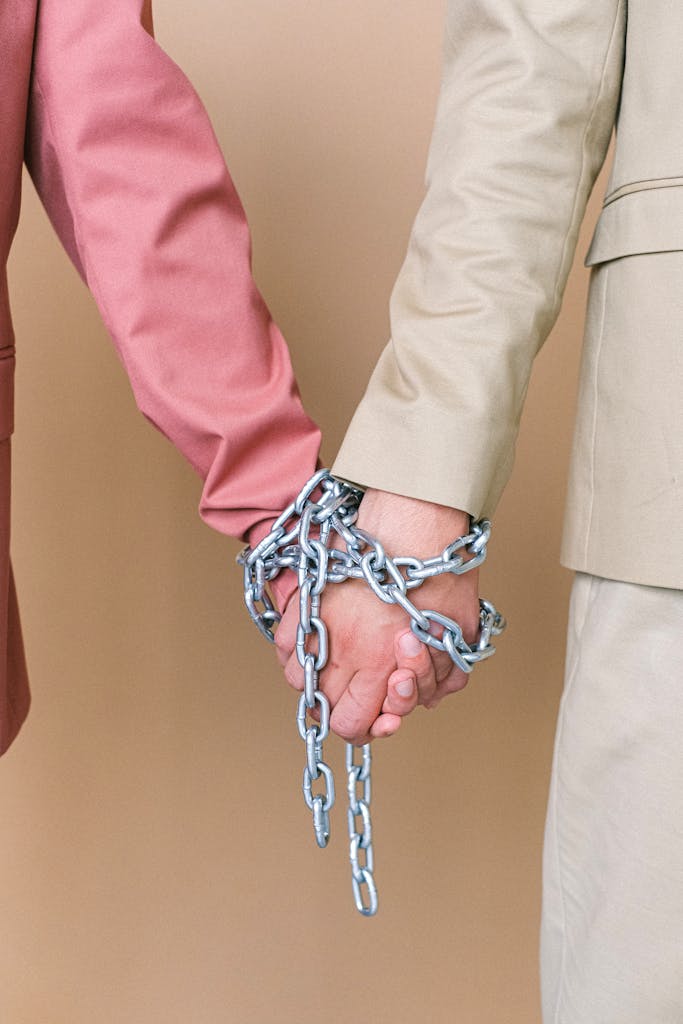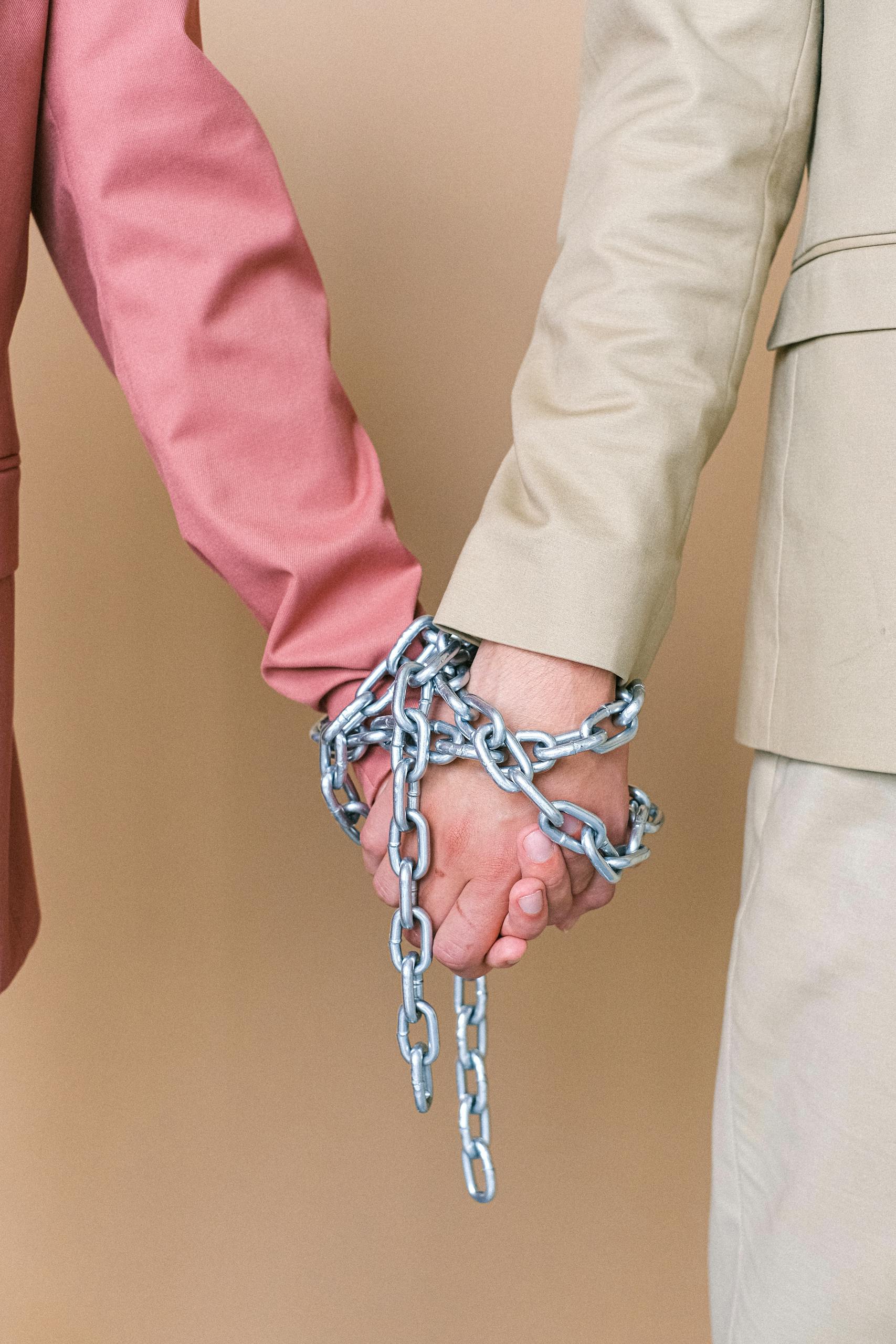Co-dependency in Relationships: How to Recognize and Overcome It
Introduction
Relationships are an essential part of our lives, providing emotional support, love, and companionship. However, not all relationships are healthy. Co-dependency, a relational dynamic marked by excessive emotional reliance on another person, often disrupts the balance necessary for healthy relationships. Left unaddressed, it can lead to emotional exhaustion, strained boundaries, and diminished mental health. In this article, we explore the nature of co-dependency, its signs, causes, and evidence-based strategies to overcome it, empowering individuals to cultivate healthier connections.

Understanding the Topic
A behavioural disorder known as co-dependency frequently arises in relationships where there are imbalances in authority and emotional responsibility. It is widely researched and regarded as a relational pattern with important implications for mental health, even if the DSM-5 does not formally recognize it. In co-dependency, one person frequently takes on the role of a carer, attending to the physical or emotional needs of another while ignoring their own.
This tendency often results from a deep-seated fear of rejection or abandonment, which makes people put other people before themselves. Since identifying these tendencies is the first step to regaining autonomy and developing healthy relationships, understanding co-dependency is essential.
Recognizing the Signs of Co-dependency
Identifying co-dependency in relationships can be challenging, as it often masquerades as love, care, or loyalty. Some common signs include:
1. People-Pleasing Behaviour
Codependent individuals may go to great lengths to avoid conflict or gain approval, even if it means suppressing their own needs or values (Cowan & Warren, 2019).
2. Difficulty Setting Boundaries
Struggling to say no or establish limits is a hallmark of co-dependency. This often leads to resentment and emotional burnout.
3. Low Self-Esteem
A lack of self-worth frequently underpins codependent behaviours. Individuals may derive their sense of identity and value solely from their role in the relationship (Knudson-Martin & Huenergardt, 2019).
4. Fear of Abandonment
Codependent individuals often experience intense anxiety at the thought of being alone, driving them to stay in unhealthy relationships.
5. Excessive Caregiving
The desire to “fix” or take responsibility for a partner’s problems is a defining characteristic of co-dependency, often at the expense of personal well-being.
Causes of Co-dependency
Co-dependency is shaped by a complex interplay of personal, relational, and societal factors. Understanding its roots can provide valuable insight for recovery.
1. Childhood Experiences
Adverse childhood experiences, such as neglect, abuse, or growing up in a family with substance abuse, are significant contributors to co-dependency. These environments often teach children to suppress their needs to maintain family harmony (Anda et al., 2006).
2. Dysfunctional Family Roles
Families with rigid or unbalanced roles often foster codependent behaviours. For example, children who act as mediators or caregivers for parents may carry these dynamics into adulthood.
3. Cultural and Societal Norms
Societal expectations that glorify self-sacrifice, particularly for women, can perpetuate codependent patterns (Gilligan, 2015).
4. Attachment Styles
Insecure attachment styles, such as anxious or avoidant attachment, are closely linked to co-dependency. These patterns often arise from inconsistent caregiving during childhood (Mikulincer & Shaver, 2016).
The Impact of Co-dependency on Mental Health
The effects of co-dependency on mental health are significant. Chronic anxiety, depression, stress, and burnout can result from it. According to research, those who are codependent are more likely to experience relationship dissatisfaction and emotional tiredness (Miller et al., 2016). Furthermore, disregarding one’s own needs frequently makes feelings of inadequacy and self-doubt worse.
Overcoming Co-dependency: Evidence-Based Strategies
Recovery from co-dependency is a journey that requires self-awareness, support, and intentional change. Below are effective strategies backed by research:
1. Therapeutic Interventions
Therapy, particularly cognitive-behavioural therapy (CBT), is a cornerstone of co-dependency treatment. CBT helps individuals challenge unhelpful thought patterns and develop healthier relational behaviours (Beck, 2020). Family or couples therapy can also address the relational dynamics contributing to co-dependency.
2. Mindfulness Practices
Mindfulness-based interventions enhance emotional regulation and self-awareness, allowing individuals to respond thoughtfully rather than react impulsively in relationships. Studies show mindfulness improves overall well-being and reduces stress (Gu et al., 2015).
3. Setting Boundaries
Learning to establish and maintain boundaries is essential in overcoming co-dependency. Boundary-setting workshops or guided exercises can be immensely helpful.
4. Support Groups
Groups like Codependents Anonymous (CoDA) provide a safe space to share experiences, learn from others, and gain encouragement during recovery.
5. Fostering Self-Care
Prioritizing self-care through activities like exercise, hobbies, and journaling can help individuals reconnect with their needs and restore balance.
6. Education and Awareness
Educating oneself about co-dependency is empowering. Reading books, attending workshops, or seeking resources on relational health can deepen understanding and foster change.
Healing Relationships and Rebuilding Independence
Recovering from co-dependency involves more than just avoiding unhealthy behaviours; it also involves building relationships based on support, respect, and trust. Developing a sense of independence while maintaining strong connections is part of this transition. People can build relationships that improve rather than worsen their mental health by engaging in therapy, self-reflection, and boundary-setting.
Conclusion
Co-dependency is a difficult but manageable issue that has an impact on mental health and relationships. People can escape these habits and regain their emotional autonomy by identifying the symptoms, comprehending the underlying reasons, and using evidence-based methods. In addition to promoting personal development, overcoming co-dependency also entails building stronger, more satisfying relationships. Relationships that foster respect for one another, individual well-being, and long-term happiness can be formed with the right support, resources, and mindset.
References
Anda, R. F., et al. (2006). The enduring effects of abuse and related adverse experiences in childhood. European Archives of Psychiatry and Clinical Neuroscience, 256(3), 174–186.
Beck, J. S. (2020). Cognitive Behavior Therapy: Basics and Beyond. Guilford Publications.
Cowan, G., & Warren, L. (2019). Co-dependency and the dynamics of caregiving. Journal of Psychological Health, 35(4), 298–310.
Gilligan, C. (2015). In a Different Voice: Psychological Theory and Women’s Development. Harvard University Press.
Gu, J., Strauss, C., Bond, R., & Cavanagh, K. (2015). How do mindfulness-based cognitive therapy and mindfulness-based stress reduction improve mental health and wellbeing? A systematic review and meta-analysis. Clinical Psychology Review, 37, 1–12.
Knudson-Martin, C., & Huenergardt, D. (2019). The Family Therapy Treatment Planner. John Wiley & Sons.
Mikulincer, M., & Shaver, P. R. (2016). Attachment in Adulthood: Structure, Dynamics, and Change. Guilford Press.
Miller, J. D., et al. (2016). Examining the relations among narcissism, impulsivity, and self-defeating behaviours. Journal of Personality Assessment, 98(1), 45–55.







